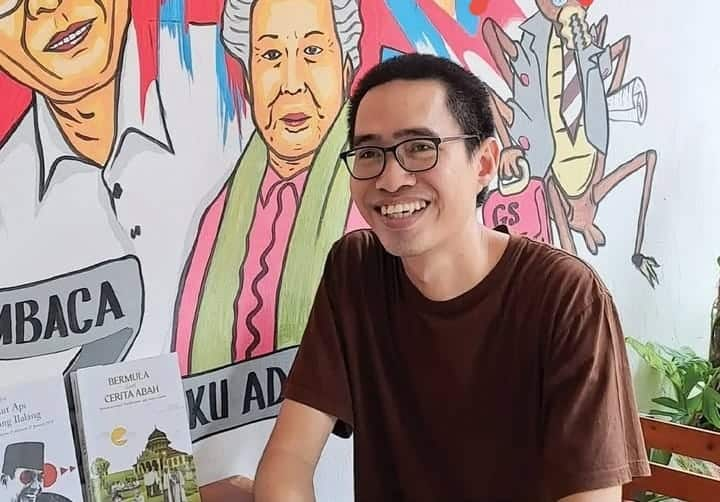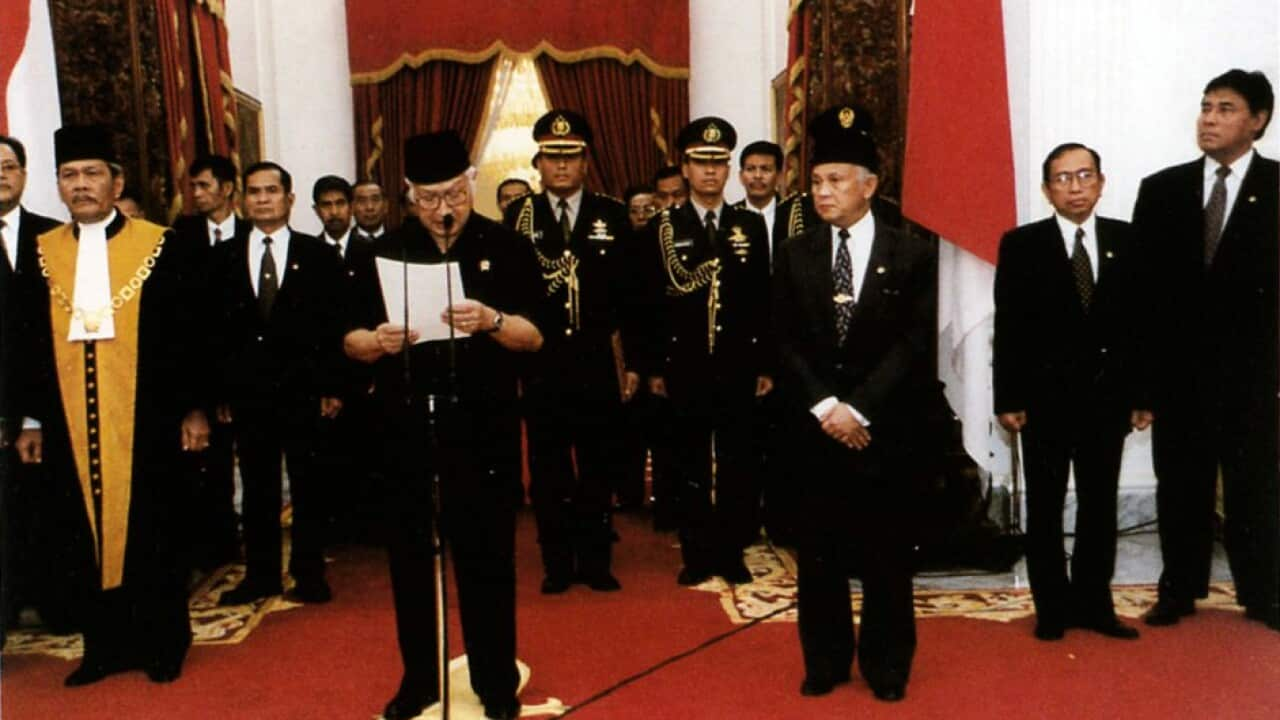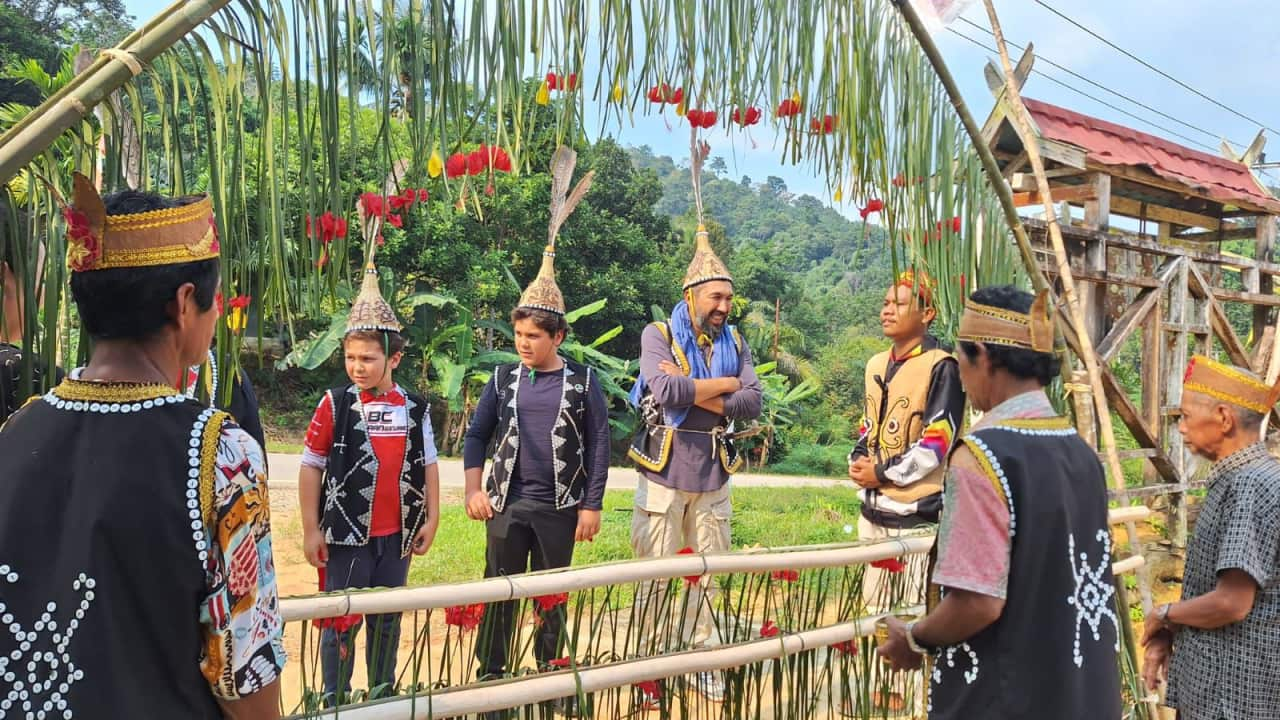The proposal to award former Indonesian President Soeharto the title of National Hero has ignited significant controversy, prompting strong opposition from academics, professors, and activists.
Historian Muhammad Iqbal from UIN Palangka Raya is among those arguing against the distinction, citing Soeharto's authoritarian rule and its detrimental effects on Indonesian democracy and civil liberties.

Dismantling Democracy and Political Repression
Iqbal asserts that Soeharto's 30-year rule, known as the New Order, systematically killed Indonesian democracy. Key actions included:
Soeharto removed military officers and civilian politicians perceived as threats to his power.
The multi-party system was reduced and tightly controlled, consolidating political power into just three sanctioned entities: the United Development Party (PPP), the Indonesian Democratic Party (PDI), and the Karya or Golkar Group.
Elections during the New Order were authoritarian in nature, despite being presented as democratic, serving primarily to legitimize Suharto's rule.
Iqbal further criticizes the New Order for its pervasive corruption and violence:
Corruption became deeply embedded and was carried out through state patronage. Suharto also notoriously enriched his cronies.
The New Order government exploited its long tenure to establish family political dynasties, clearly illustrated when Suharto's eldest daughter, Siti Hardiyanti Rukmana ("Mbak Tutut"), was being prepared as his political successor—a move Iqbal viewed as contrary to republican principles.
The regime has a documented record of heavyweight human rights violations and political repression. These abuses were especially prominent in the post-1965 period and involved the forceful removal of political opponents.
Significant incidents of state violence include the 1974 Malari event, the 1984 Tanjung Priok event, and the violent lead-up to Suharto’s fall in 1998, which demonstrated the regime's use of militaristic force to perpetuate pseudo-stability.
Iqbal stresses that these practices fundamentally contradict the values of heroism, which demand integrity and selfless devotion to the people.
The Fall of Suharto and Calls for Rejection
The end of Suharto’s rule, according to Iqbal, was triggered not by military betrayal, but by a loss of socio-economic legitimacy. The 1997 monetary crisis destroyed the financial basis of the political patronage system, and the middle class ultimately refused to live under corrupt, authoritarian rule.
Despite the current Culture Minister, Fadli Zon, reporting to President Prabowo Subianto on the readiness to award the hero title and claiming that Suharto was not involved in allegations like the '65 events, Iqbal counters that objective scientific treatises indicate Suharto's involvement. While acknowledging Suharto's initial role in economic improvement, Iqbal concludes that the lasting legacy of authoritarianism, corruption, and human rights violations has a far greater and more negative impact on Indonesia's democratic life.
Iqbal asserts that the National Hero title should be reserved only for those who sacrifice for the benefit of the nation. He urges President Prabowo to prioritize objective empirical evidence and the high public voice—represented by over 500 academics and activists—who reject the proposal because it would "hurt historical memory" and ignore the suffering of the victims of the New Order regime.
Listen to SBS Indonesian every Monday, Wednesday, Friday, and Sunday at 3pm. Follow us on Facebook and Instagram, and don't miss our podcasts.




